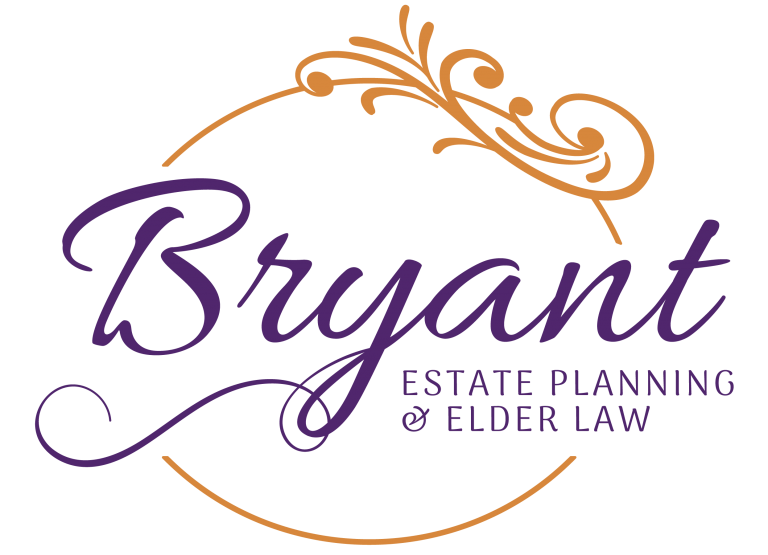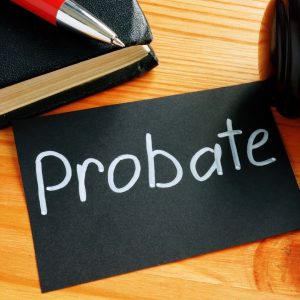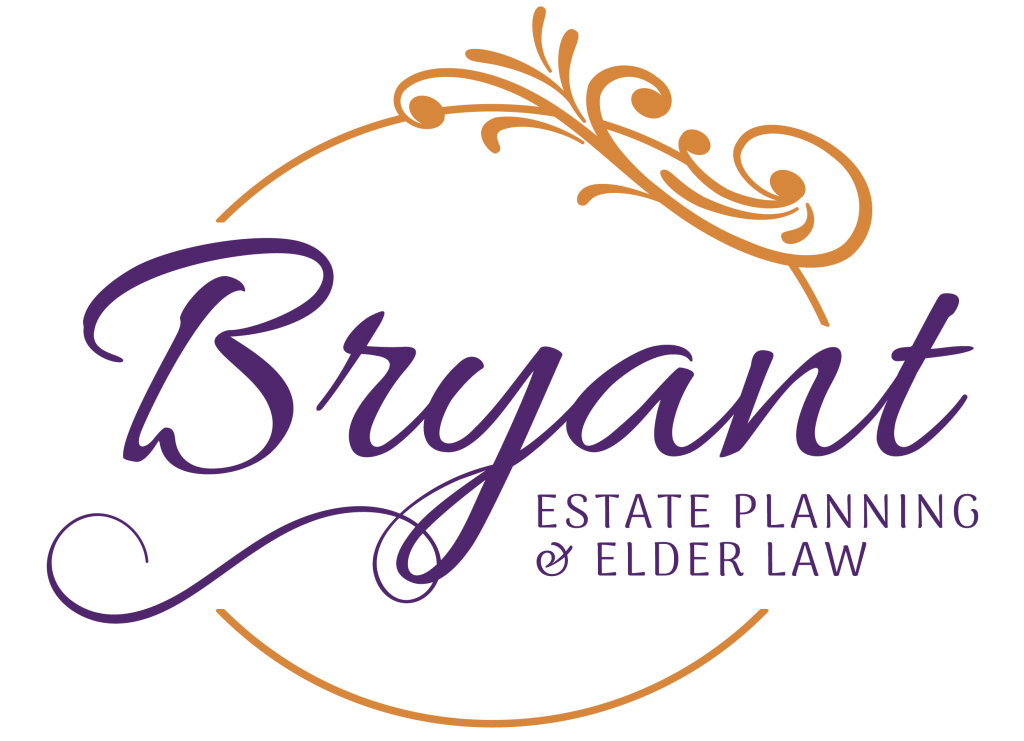Your Living Trust May Be Too Complicated
Federal estate taxes have been significantly decreased, effective as of Jan. 1, 2018. For single individuals, if you die in 2018, there is no estate tax imposed unless you own more than approximately $11.2 million. For married couples, the estate tax exemption is now over $22.4 million per couple. This exempt amount will continue to increase until Jan. 1, 2026, when the law automatically sunsets and the exemption returns to approximately $5 million per person.
For married couples that created their living trust several years ago, they may have an unnecessarily complicated plan that was done to maximize the lower estate tax exemption amounts. Specifically, older trusts often required that upon the death of the first spouse that the trust be split into two sub-trusts.
The first trust, sometimes called the survivor’s trust or “A” trust, holds the surviving spouses share of community property and all their separate property. This trust is typically amendable by the surviving spouse and can be used at their discretion.
The second trust, sometimes called the bypass trust or “B” trust, holds the deceased spouse’s share of the community property and his or her separate property. This trust is irrevocable, and the surviving spouse is usually only entitled to income, and can only touch the principle if they have exhausted their own trust.
In California, this can be especially problematic with our high property values. Pending on the terms of the trust, real property can be split so that 50% is placed into the survivor’s trust and 50% is placed into the bypass trust. This can unnecessarily lock up equity that the surviving spouse needs for his or her care. Additionally, it can prevent the advantage of a full step up in basis upon the death of the surviving spouse. This can mean greater income tax consequences when beneficiaries go to sell the property after the death of the surviving spouse.
In some instances utilizing a bypass trust can still be useful (e.g., in blended families and for creditor protection), but it is important to ensure that you have flexibility built into your estate plan. For example, newer living trusts are often written to make the split optional so that the surviving spouse may elect to split the trust if it is advantageous to do so.
Given this change in the law, it is important to ensure that your estate plan is still effective at accomplishing your goals for you and your family. Contact the Law Offices of Lisa C. Bryant to schedule a no cost consultation to have your living trust reviewed.




